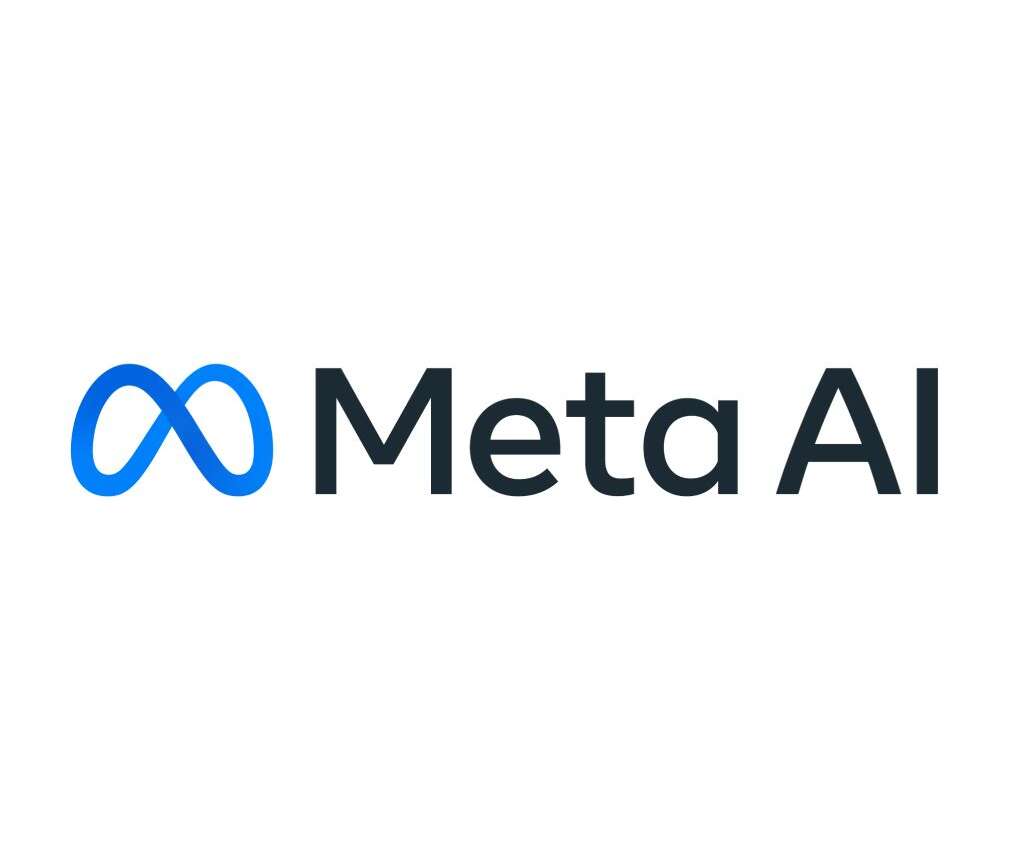Digital content has become one of the most valuable production areas of our age. While digital content such as information, news and educational materials reach millions of people in seconds, the labor behind this content often remains invisible. While this ease of access is a great advantage for individuals, those who produce content cannot benefit from their efforts. However, in the digital world, every content is a product of mental labor. Therefore, every content deserves to be compensated and protected.
Digital content that contributes to knowledge and generates ideas is not just an “image” or “text”; it is the foundation of social development, cultural continuity and democratic knowledge sharing. However, these contents are often used by major digital platforms without paying royalties.
Today, giant technology companies keep many users on their platforms with data and content from various sources such as news sites or magazines. They add value to their value with the advertising revenues generated from this content. However, the people who produce that content do not get the share they deserve from this economic pie. At this point, the concept of digital copyright becomes more than a quest for rights; it becomes a necessity for the establishment of an ethical, fair and sustainable order in the digital world.
To stop this injustice on a global scale, countries have introduced serious reforms to protect content creators through digital copyright laws.
Canada has made it mandatory for digital platforms to pay news organizations per piece of content. This law specifically aimed to protect media organizations against digital platforms. Despite pressure from large corporations, Canadian authorities did not back down and remained determined to defend the rights of producers.
In Australia, the law has been designed to allow platforms to pay for the use of news content and to increase the controllability of digital copyright.
France granted “neighboring rights” to digital content producers. Google had to pay French news agencies for the use of their content.
These regulations are considered an important step towards recognizing the value of labor in the digital economy.
These countries are not only passing laws, they are also building systems to monitor and enforce them. Because today, it is no longer enough just to have a copyright law. Advanced artificial intelligence-enabled monitoring systems are also needed to effectively enforce these laws.
These next-generation systems can identify every piece of digital content with a unique digital signature. Any content can be identified wherever it has been used, the number and pattern of uses can be analyzed, and copyright can be assigned to the content owner accordingly. Thanks to these systems, not only platforms but also content users become part of a transparent and responsible structure. This will ensure the sustainability of production in the digital world, protect content producers and make the digital economy fairer.
No matter how much artificial intelligence produces, the source it feeds on is human labor and human ideas. Therefore, in the future, the protection of copyrights not only in human-made but also in artificial intelligence-supported content must be redefined within an ethical and legal framework. In the construction of this new digital order, law must be as dynamic as technology.
It should not be forgotten that every invisible labor in digital is actually a value that needs to be recognized. Content producers not only provide information, but are also the main vein that feeds digital culture, consciousness and progress. A society that does not produce cannot learn, cannot develop, and is trapped in an unsustainable information cycle.
Digital copyright is no longer just a matter for the creative industries or the media; it is a matter of global digital justice and respect for human labor. Content that is enjoyed by all must be protected by all. True development is only possible with a digital system that respects labor.
And let’s not forget: The future of content depends on how well the rights of those who produce it are protected.



